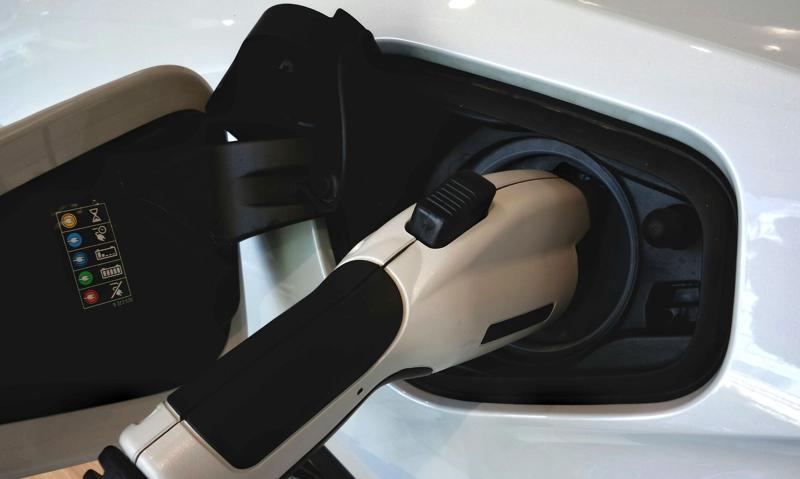A 17-state-and-territory coalition led by California, Washington and Colorado is suing the Trump administration to maintain access to $5 billion in EV charger funding passed by Congress in 2021 but put on hold by the current administration.
A majority of the coalition, including lawsuit leaders California and Washington, has failed to build any chargers using $3.3 billion in awarded funds over the past four fiscal years.
Following President Donald Trump’s order to eliminate electric vehicle mandates, the Federal Highway Administration suspended the approval of state EV charger network plans submitted for federal grants under the Infrastructure Investment and Jobs Act, which was signed into law in 2021. It provided $5 billion in National Electric Vehicle Infrastructure grant funding.
The FHWA’s notice said that “until new guidance is issued, reimbursement of existing obligations will be allowed in order to not disrupt current financial commitments.”
According to the NEVI dashboard maintained by the National Association of State Energy Officials, $3.3 billion has already been awarded. That means the suspension mainly impacts the $1.7 billion in unallocated funding that would have otherwise gone out through fiscal year 2026, but are required by the IIJA “to remain available until expended.”
Forty-four states and territories, including the District of Columbia and Puerto Rico, issued at least one solicitation for NEVI funding. Of the 44 soliciting states and territories, 38 have been issued funding, of which only 16 have at least one operational NEVI station, despite four years of funding between fiscal year 2021 and fiscal year 2025.
The lawsuit filed by 17 attorneys general requests that the courts block the withholding of NEVI grants, citing the explicit congressional mandate in the IIJA.
In its plan suspension notice, the FHWA say the NEVI program is “unique in that this Program requires the Secretary to approve a plan for each State describing how the State intends to use its NEVI funds,” and simply “has decided to review the policies underlying the implementation of the NEVI Formula Program.”
This suggests that while the IIJA may have required the FHWA to disburse $5 billion in NEVI grants, that it’s also true the IIJA grants the FHWA the power to temporarily suspend NEVI plans for review.
The lawsuit says that “The Secretary must distribute to each State its share of NEVI Formula Program funds unless the State fails to timely submit its State Electric Vehicle Infrastructure Deployment Plan or if the Secretary determines a State has not taken action to carry out its [State P]lan.”
Despite having secured $302 million in NEVI funding since fiscal year 2021 of the $384 million it requested, California is yet to have completed a single NEVI-funded charger. Washington has been awarded $56 million, but also has no completed NEVI chargers. Of the 17 states and territories filing suit, only eight have completed any NEVI chargers.
The lawsuit says the IIJA creates clear guidelines for the FHWA to follow if it determines a state is not carrying out its plan, including identifying actions to rectify concerns and providing at least 90 days to address those concerns, and providing notice of 60 days of its intent to withhold or withdraw funds.
Should courts find that the IIJA’s explicit procedures were violated in excess of the powers available to the FHWA, it’s likely the FHWA will have to reinstate the rescinded state plans and at some point resume the awarding of NEVI funding.
EV battery and charging technology is quickly improving, but older vehicles are often unable to make use of faster charging technologies.
In the last quarter of 2019, over half the nation’s 4,000 public “fast chargers” put out less than 50 kilowatts. Two years later, the plurality of the nations’ over 10,000 “fast chargers” put out between 150 and 249 kw. By the end of 2023, almost half of the nationa’s 24,000 chargers put out between 250 and 349 kw, with the next generation of chargers — those putting out 350 kw or more — growing 39% over the previous quarter.
While gasoline-powered cars take two minutes to refill, a 60-kilowatt-hour Tesla Model 3 requires eight to 12 hours to charge at a Tesla Destination charger, 40 minutes to reach 80% on a 150 kw charger and 20 minutes on a 250 kh charger.
These rapid technological advancements mean significant investments in current EV charging technology may soon become obsolete, challenging the value of taxpayer investments in the sector.







